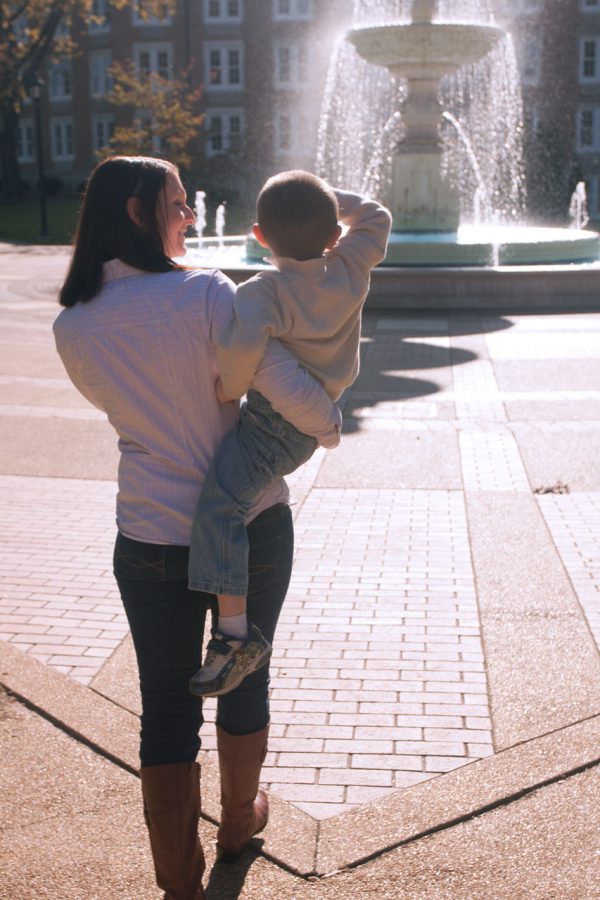Student parents could use help
October 6, 2011
For students who are married or have children, many may find it difficult to balance classes, work and family needs. As this applies to a number of UNA students, some have been asking how UNA could improve on these problems.
A USA Today article suggests that colleges are opened to an endless list of classes, some with subjects as unusual as how to make maple syrup or looking at animals. Dr. Richard Hudiburg, chair of the Department of Psychology, pointed out that a college in Pittsburg had a class on how to make ice cream. The article continues and asks why universities wouldn’t offer special courses in parenting.
Emily Kelley, part-time temporary coordinator at the Women’s Center, comments on having parenting classes.
“I believe in teaching kids essential life skills before they graduate,” Kelley said. “So, when they enter the world they not only have the academic skills they need, but, more importantly, sometimes the life skills that they need.”
Dr. Lynne Rieff, director of the Women’s Center, isn’t sure that all courses should bear credit.
“I don’t know if those practical skills classes should be for academic credit, but as far as the possibility of some parenting classes in the near future, (continuing education) would be one potential (place for it), and I’m not certain that there’s not already something offered over there,” she said.
Even though classes on parenting could be useful in universities, Kelley points out that no one has to be left in the dark about what it means to be a parent, as “most of the local hospitals offer parenting classes.”
Even at UNA, there are a few courses through human environmental science and sociology that could help students learn a bit about parenting.
“The sociology department offers a marriage and family class every semester,” Rieff said. “I know human environmental sciences already offer a course in family development. The greatest potential for something like (parenting) offered for academic credit would be some kind of arrangement between sociology and human environmental sciences.”
The Women’s Center also does a great deal to help students by allowing guest speakers to come and present ways of developing certain life skills.
“(It’s possible to), at some point, invite a guest speaker to make some sort of presentation related to parenting,” Rieff said.
Another way that UNA might be able to help comes through SGA’s idea of establishing a day care center for the children of UNA students. SGA notes the struggle of students with their own families and has set a goal to start a day care center on campus, hoping to partner with the Child Development Center or Kilby School to make it work.
“We receive reports of students with kids having trouble balancing time with school, work and children,” said SGA President Ralph Akalonu. “It’s not going to be an SGA thing only; we want to partner with someone who can help.”
Dr. Mary Maschal, the director of Kilby School, stated that the CDC already has a day care center, but SGA Senator Allison Ray suggests that it is not opened to the kids of UNA students.
“Our goal is to have a campus-wide facility for children of students,” Ray said.
Maschal said that Kilby would be happy to offer some support, but not in the way of finances and spacing, as those resources are lacking.
“In our current facility there would not be enough space,” Maschal said. “We would be more than happy to offer technical support, but we do not have space and money.”


